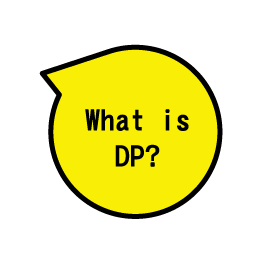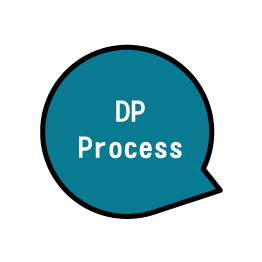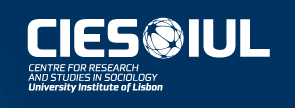Q&AQ: When and where the Deliberative Polling on amending the "Press Law" and "Audio-Visual Broadcasting Act" will be held?A: The DP will be held on December 4th, 2011, at the new campus of Kao Yip Middle School, which will last for a day. Q: Before this DP, why it is needed to have a large-scale telephone survey in advance?A: In the process of deliberative polling, first we need a randomly selected representative sample from the public, and conduct a telephone survey for the baseline one. Later in DP, we will randomly select 2,000 Macao residents to ask about their relevant cognition and attitudes through telephone, to understand Macao citizens’ overall opinion of amending the law.
Q: Why should we randomly select the sample?A: A scientific sampling can ensure the broad representation of the final results, and every citizen has an equal chance of being selected to express their views. Q: How to select citizens and involve them in DP?A: From the samples in the first time (telephone interviewed 2,000 people), we randomly select a representative sample again (about 300 people) to participate in the deliberation, which can form a representative microcosm of society. For DP's participants, they are required to fill in two questionnaires before and after the public discussions respectively. Afterwards, we will compare these results with the results of telephone interview to view the changes of public perception and attitude. Q: For the DP participants, what kind of preparation do they need to do beforehand?A: Prior to participating in discussions, participants will receive relevant balanced information materials which are approved by the experts. We will distribute the balanced materials to the participants committed to participate in the DP. They need to read those materials closely, before the DP, to get familiar with the information, thus they can get involved in the discussion on DP day. Q: What are the balanced materials?A: Balanced materials are provided to the DP participants to get familiar with relevant topics to understand the issues to be discussed. The information includes literature review of previous studies, the referential experience around the world and statements of both pros and cons. The balanced materials will be finalized after being approved by the advisory committee. Q: What is the Advisory Committee of balanced materials?A: Balanced materials Advisory Committee consists of the local Macau experts, scholars and other people in the society, mainly about five to six people. They will represent different points of view, to achieve balanced. Q: During the deliberative polling, why would the panel discussion be organized?A: In the deliberation day, participants will be randomly assigned to different groups to participate in small group discussion hosted by trained moderator. The focus of group discussions is to allow free exchange among people with different views. This prudent and speculative process will promote in-depth reflection on the subject for the public. After group discussion, each group should submit a number of questions to consult experts and officials in the later plenary session. Q: Could the group moderator express his personal opinion during the panel discussion?A: No. The group moderator performs a neutral role as a coordinator whose task is to control the discussion process, so he is not allowed to express personal opinions to influence the people engaged in the discussion. Q: During the deliberative polling, why would the plenary session be conducted?A: Participants will determine the questions to ask at the end of the discussion, and then raise them to experts and officials in the plenary session. Participants summed up the questions to consult after group discussion, and experts and officials will answer them in the plenary session. The plenary session is mean to resolve the doubts and provide more adequate data, but not to require all participants to achieve a consensus. Q: Who are included in expert panel in the plenary session?A: The expert for the plenary session consists of the local Macau experts, scholars and other people in the society, who represents different views and voices in the society. Q: Why are the participants required to complete the same questionnaire twice respectively before and after the DP?A: Prior to discussion, participants will be asked to fill out a questionnaire; after the discussion, we will conduct the survey again. The second questionnaire results represent the in-depth opinion after reflection, discussion, and Q&A. Exploring whether public attitudes change remarkably before and after participating in DP is one of the most important objectives of the DP. Q: How would the results of this deliberative polling be presented?A: The DP data analysis report will be produced and submitted to the Macau Information Bureau as an important public opinion foundation for amending the laws. Relevant results will be released to the public through the media. Q: What is the DP process?A: DP process includes: the first telephone questionnaire survey-> randomly sampling of participants -> balanced information-> group discussion -> plenary session-> second telephone survey -> media report. For more information, please click here. |








